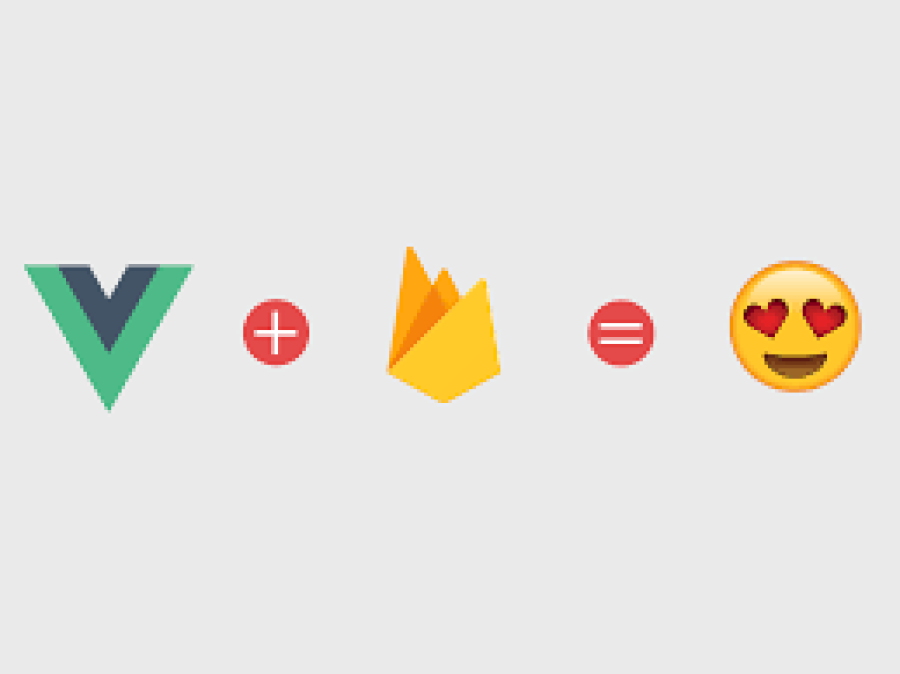Building a Career as a Freelance Scientific Writer
The demand for clear, accurate, and engaging scientific writing is growing rapidly across industries—from academia and pharmaceuticals to biotech startups and science communication platforms. Building a career as a freelance scientific writer offers a unique opportunity to combine scientific knowledge with creative communication, providing valuable support to researchers, companies, and educational organizations worldwide.
At freelancerbridge, we guide freelancers on how to start, grow, and succeed in scientific writing. This career path allows you to work flexibly, build your expertise, and contribute to advancing science by making complex concepts accessible to diverse audiences. Whether you’re a scientist looking to transition into freelance writing or a writer passionate about science, this guide outlines the essential steps and skills needed to thrive in this lucrative niche.
Long Description
Becoming a successful freelance scientific writer requires more than just a strong grasp of science—it demands excellent writing skills, the ability to translate technical jargon into reader-friendly content, and savvy business acumen. Below are the key areas and strategies to help you build a rewarding freelance career in scientific writing:
1. Understanding the Scope of Scientific Writing
Scientific writing encompasses a variety of formats including research articles, grant proposals, regulatory documents, literature reviews, science blogs, white papers, and educational materials.
Freelancers may work with academic researchers, biotech firms, medical communication agencies, or science publishers.
Knowing which niche you want to specialize in—whether it’s biomedical writing, environmental science, or technology—can help you tailor your services and marketing efforts.
2. Developing Core Writing Skills
Precision and clarity are paramount in scientific writing. You must be able to convey complex ideas in a straightforward, unbiased manner.
Familiarity with the structure and style of scientific documents (IMRAD format, abstracts, citations) is essential.
Use of tools like Grammarly, Hemingway Editor, and reference managers (Zotero, EndNote) enhances quality and consistency.
Practice rewriting dense scientific papers into layman-friendly articles to broaden your versatility.
3. Building Scientific Knowledge and Credibility
A background in science (degrees or coursework in biology, chemistry, physics, or related fields) adds credibility.
Staying updated with current scientific developments via journals, conferences, and online courses boosts your expertise.
Certifications in medical or technical writing (e.g., AMWA, EMWA) can improve marketability.
4. Creating a Portfolio and Samples
Your portfolio is your calling card. Include diverse samples such as abstracts, articles, blog posts, and white papers.
Volunteer or collaborate with scientific blogs, non-profits, or research groups to build initial samples.
Highlight projects where you simplified complex content or improved manuscript clarity.
5. Finding Clients and Networking
Platforms like Upwork, Freelancer, and specialized scientific writing job boards can provide project opportunities.
Build connections in the scientific community by attending conferences, joining professional associations, and engaging in LinkedIn groups.
Reach out to research institutions, universities, and startups offering freelance writing or editing services.
6. Setting Competitive Rates and Managing Projects
Understand industry standards: freelance scientific writers typically charge per word, per hour, or per project.
Start with reasonable rates and gradually increase as your experience and reputation grow.
Use contracts to define scope, deadlines, and payment terms.
Efficient project management tools (Trello, Asana) help track submissions, revisions, and communications.
7. Mastering SEO and Digital Content Writing
For freelance scientific writers, SEO skills boost the visibility of online articles, blogs, and educational content.
Learn keyword research, meta descriptions, and optimizing headlines without compromising scientific accuracy.
This skill opens doors to work with digital marketing agencies and science communication platforms.
8. Navigating Ethical and Legal Considerations
Confidentiality agreements and understanding intellectual property rights are critical in scientific writing.
Proper citation and avoidance of plagiarism uphold the integrity of your work.
Awareness of regulatory standards (FDA, EMA) is important if working on clinical or regulatory documents.
9. Continuing Education and Skill Enhancement
Science evolves rapidly; continuous learning ensures you stay relevant.
Attend workshops, webinars, and courses on advanced writing techniques, data visualization, and science communication.
Exploring complementary skills like graphic design or video scripting can diversify your service offerings.
10. Building a Personal Brand and Online Presence
Create a professional website or blog showcasing your expertise, services, and testimonials.
Share scientific writing tips, industry news, and case studies on social media platforms.
Regular content updates improve SEO and help attract inbound client inquiries.
Conclusion
Building a career as a freelance scientific writer is both challenging and rewarding. It offers the flexibility to work on diverse projects, contribute to scientific literacy, and establish a sustainable freelance business. With the right skills, strategic marketing, and dedication, freelancers can carve out a niche in this expanding market and make a significant impact.
At freelancerbridge, we support your journey by providing resources, expert advice, and opportunities tailored to freelance scientific writers. Embrace the power of words to advance science and build your thriving freelance career today.


 by Emily
by Emily




